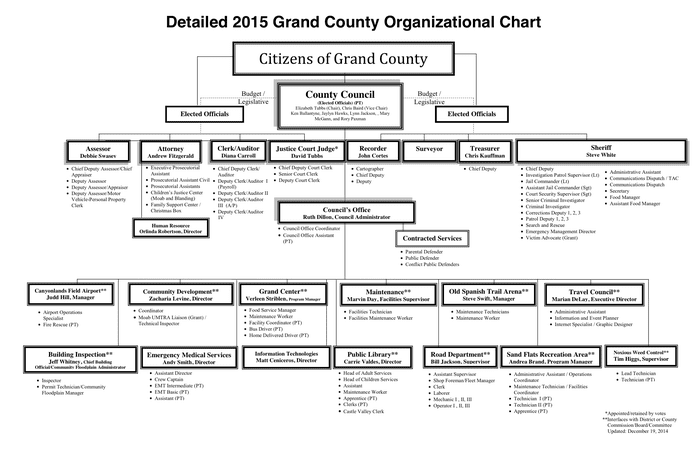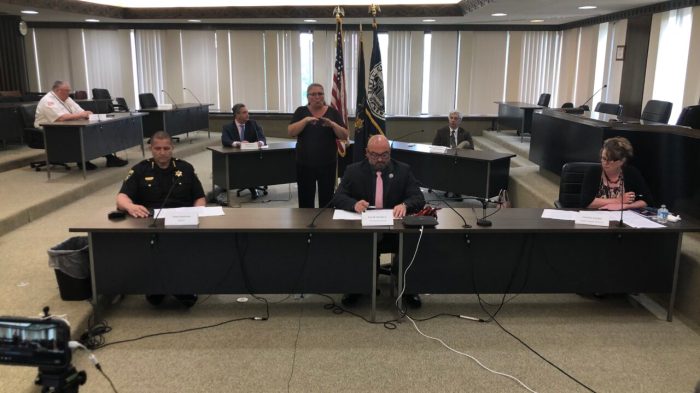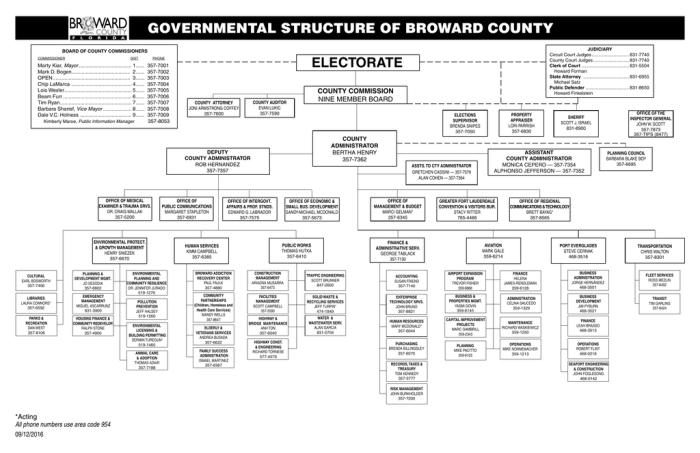How do county officials gain office? This comprehensive guide delves into the intricate electoral process, qualifications, and strategies involved in securing a county office, providing an authoritative overview for aspiring candidates and engaged citizens alike.
From understanding the electoral landscape to navigating campaign challenges, this exploration unveils the inner workings of county-level politics, empowering readers with a deeper understanding of local governance.
Electoral Process for County Officials
In the United States, county officials are typically elected through a nonpartisan or partisan electoral process. Nonpartisan elections do not involve political parties, while partisan elections allow candidates to run with party affiliations.
Role of Political Parties
In partisan elections, political parties play a significant role in the electoral process. Parties provide organizational support, campaign resources, and voter mobilization efforts for their candidates. They also help shape the political agenda and platform of their candidates.
Independent Candidates
Independent candidates are not affiliated with any political party. They must gather a certain number of signatures from registered voters to qualify for the ballot. Independent candidates often face challenges in gaining name recognition and securing campaign resources compared to party-affiliated candidates.
Qualifications and Requirements

To qualify for county office, candidates must meet specific eligibility criteria set forth by state and local laws. These requirements vary depending on the county and the position sought, but generally include the following:
Education and Experience, How do county officials gain office
- High school diploma or equivalent
- Specific educational or professional experience relevant to the office
- Prior experience in local government or community service
Residency Requirements
- Residency within the county for a specified period before the election
- Residency within a specific district or ward within the county
Age and Citizenship
- Minimum age requirement (typically 18 or 21)
- U.S. citizenship
Local Knowledge and Community Involvement
In addition to formal qualifications, local knowledge and community involvement are crucial for county officials. A deep understanding of the county’s history, culture, and economic landscape is essential for effective decision-making. Active participation in community organizations and initiatives demonstrates a commitment to serving the public and building relationships within the community.
Campaign Strategies and Tactics

Candidates running for county office employ various campaign strategies and tactics to gain the support of voters and secure electoral victory. These include:
Effective Campaign Messaging:Candidates craft persuasive and compelling messages that resonate with voters. They highlight their qualifications, experience, and policy positions, while addressing the concerns and aspirations of the electorate.
Grassroots Organizing
- Door-to-Door Canvassing:Candidates and their volunteers go door-to-door, meeting voters face-to-face, discussing issues, and distributing campaign materials.
- Community Events:Candidates attend community events, such as parades, festivals, and local gatherings, to connect with voters and build personal relationships.
- Volunteer Mobilization:Candidates recruit and mobilize volunteers to support their campaigns, engage in outreach activities, and provide logistical support.
Fundraising Techniques
Campaign Finance:Candidates raise funds through various means, including individual donations, political action committees (PACs), and personal contributions. They host fundraising events, such as dinners and rallies, to solicit financial support.
Social Media and Traditional Advertising
- Social Media Engagement:Candidates use social media platforms, such as Facebook, Twitter, and Instagram, to connect with voters, share updates, and mobilize supporters.
- Traditional Advertising:Candidates also use traditional advertising methods, such as print ads, billboards, and radio and television commercials, to reach a broader audience.
Challenges and Obstacles

Candidates running for county office face various challenges and obstacles that can hinder their chances of success. These include the influence of incumbency, campaign financing, and negative campaigning.
Incumbents often have a significant advantage in county elections due to their name recognition, established relationships with voters, and access to resources. They can use their positions to gain favorable media coverage, secure endorsements, and raise funds more easily than challengers.
Campaign Financing
Campaign financing is another major challenge for county candidates. Elections can be expensive, and candidates need to raise substantial funds to cover campaign costs such as advertising, staff salaries, and travel expenses. Candidates who are able to raise more money often have an advantage over those with limited resources.
Negative Campaigning
Negative campaigning is a common tactic used by candidates in county elections to attack their opponents’ character or record. Negative campaigning can be effective in damaging an opponent’s reputation and swaying voters’ opinions. However, it can also backfire if voters perceive it as unfair or unethical.
Candidates can overcome these challenges by connecting with voters on a personal level, running a positive campaign, and effectively managing their resources. They can also seek support from political parties, interest groups, and community organizations.
Role and Responsibilities of County Officials

Upon election, county officials assume significant roles and responsibilities that shape the governance and well-being of their communities. These responsibilities vary depending on the specific office held, but generally encompass a wide range of duties.
County Commissioners
- Set county policies and regulations
- Approve the county budget
- Provide oversight of county departments
- Represent the county in intergovernmental relations
Sheriffs
- Enforce the law and maintain public safety
- Operate the county jail
- Provide security for courts and county buildings
- Serve legal documents and execute court orders
Collaboration and Teamwork
Effective governance requires collaboration and teamwork among county officials. Commissioners, sheriffs, and other officials must work together to address complex issues, set priorities, and allocate resources efficiently. This cooperation ensures a cohesive and responsive county government that meets the needs of its constituents.
Impact on Local Communities: How Do County Officials Gain Office
County officials play a pivotal role in shaping the well-being and prosperity of their local communities. Their decisions and actions have a direct impact on the quality of life for residents, businesses, and the overall development of the county.
One of the most significant impacts of county officials is their role in improving infrastructure. They oversee the construction and maintenance of roads, bridges, and public buildings, ensuring the safety and accessibility of transportation networks. By investing in infrastructure, county officials facilitate economic growth, enhance mobility, and improve the overall quality of life for residents.
Providing Essential Services
County officials are responsible for providing a wide range of essential services to their communities. These services include law enforcement, fire protection, public health, and social welfare programs. By ensuring the safety and well-being of residents, county officials create a stable and supportive environment for individuals and families to thrive.
Promoting Economic Development
County officials play a crucial role in promoting economic development within their jurisdictions. They work to attract new businesses, support existing ones, and create a favorable environment for investment. By implementing policies that encourage job creation, innovation, and entrepreneurship, county officials can stimulate economic growth and improve the overall prosperity of their communities.
Addressing Local Issues and Representing Constituents
County officials are directly accountable to the residents of their county. They represent the interests of their constituents and work to address local issues that affect their daily lives. Whether it’s improving public transportation, enhancing environmental protection, or addressing social concerns, county officials are responsible for finding solutions that meet the needs of their communities.
FAQ Overview
What are the eligibility criteria for running for county office?
Eligibility requirements vary by county but typically include residency, age, and citizenship status. Some offices may also require specific educational or experience qualifications.
How can candidates effectively reach voters during a county campaign?
Effective voter outreach involves a combination of grassroots organizing, social media engagement, traditional advertising, and community events that allow candidates to connect with potential constituents.
What are the key challenges candidates face in county elections?
Candidates may encounter challenges such as incumbent advantages, campaign financing limitations, and negative campaigning. Overcoming these obstacles requires a well-crafted campaign strategy, strong community support, and a commitment to ethical practices.